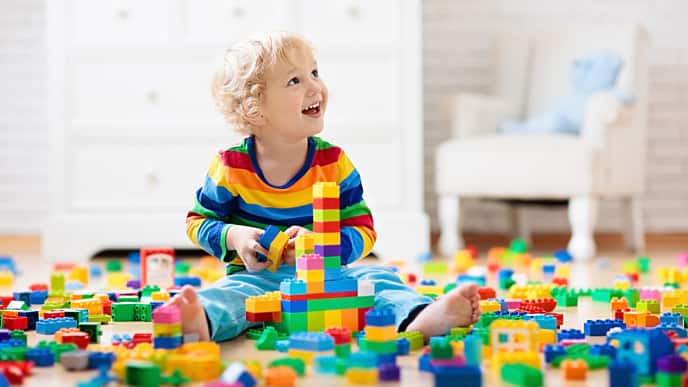Tooth decay and cavities can start to develop as soon as your baby’s first tooth appears, so choosing the right infant toothbrush is essential for their oral health.
While those baby teeth will eventually succumb to the tooth fairy, how well you take care of them now can affect the adult teeth that come after them and impact your child’s oral health for life.
The Importance Of Oral Care For Babies
Extensive primary (baby) tooth decay can damage the secondary (adult) teeth waiting under the gum line. And if those baby teeth are lost to decay, the resulting spaces can cause lifelong crowding and alignment issues with the adult teeth.
It’s Never Too Early To Start Infant Oral Care
While it takes a few months for that first tooth to appear, you can start establishing good oral health habits as soon as your baby is born.
Healthy WA recommends gently wiping your baby’s gums with a soft, damp cloth. Not only will this keep baby’s mouth clean, but it will also get him or her accustomed to a twice-daily oral health routine.
NSW Health warns that cavity-causing bacteria can be transferred from parent to baby from birth onwards, setting the stage for tooth decay even before the first tooth arrives. This usually happens when the caregiver puts food, utensils or dummies in their own mouth and then into the baby’s mouth, something NSW Health advises against.
When To Start Brushing Your Baby’s Teeth
The first tooth will typically erupt between four and ten months, at which point the Australian Dental Association (ADA) recommends switching to an infant toothbrush. However, they advise against using toothpaste until your child is 18 months old.
Choosing An Infant Toothbrush
An infant toothbrush should have a very small head that fits easily and comfortably in baby’s mouth, along with soft, nylon bristles that won’t irritate their delicate gums.
As your baby gets older, they may be keen to join in the toothbrushing, too! While you should still brush for your baby, allowing them to take a turn for themselves can help develop their motor skills and keep toothbrushing fun. Choose a toothbrush with bright colours and a chunky, easy-grip handle.
When your baby is teething, they may find regular toothbrushing uncomfortable. Special teething toothbrushes and finger brushes are designed to be extra-gentle on tender gums, and you can even chill them in the fridge first for added relief.
The First Dental Visit
The ADA recommends scheduling your baby’s first dental appointment as soon as the first tooth appears, or by the first birthday – whichever comes first.
Introducing your baby to the dentist as early as possible will help them to get accustomed to visits, which can go a long way towards preventing the anxiety that many little ones experience at the dentist.
At this first visit, your dentist can check that your baby’s teeth are developing as they should and pick up any problems early on. It’s also a good opportunity for you to ask for advice on important topics like choosing a toothbrush, brushing technique, and cavity prevention.
There are few things more rewarding than a big, beautiful smile from your baby! By instilling positive oral care habits from day one, you can safeguard your baby’s smile for years to come.





